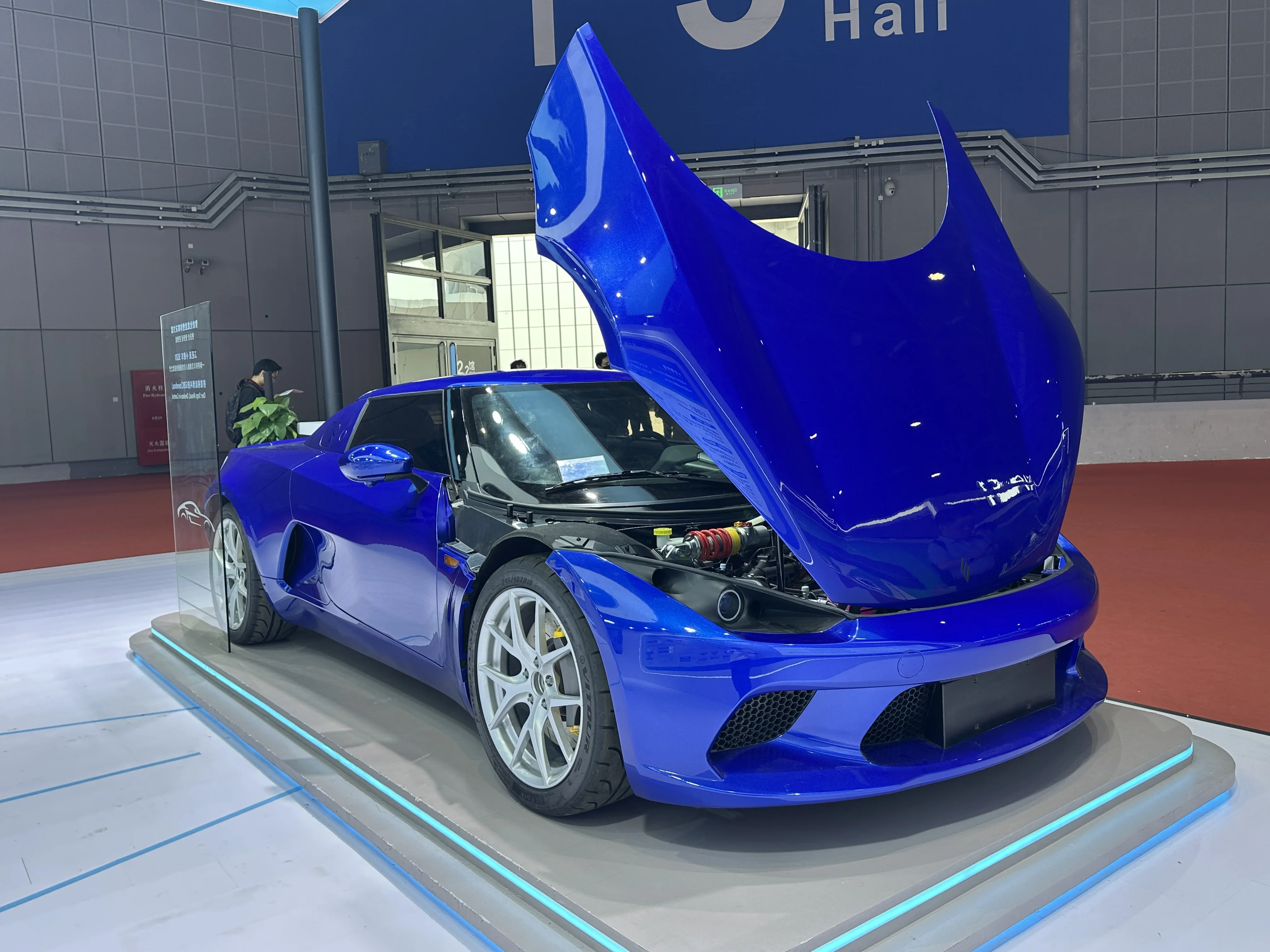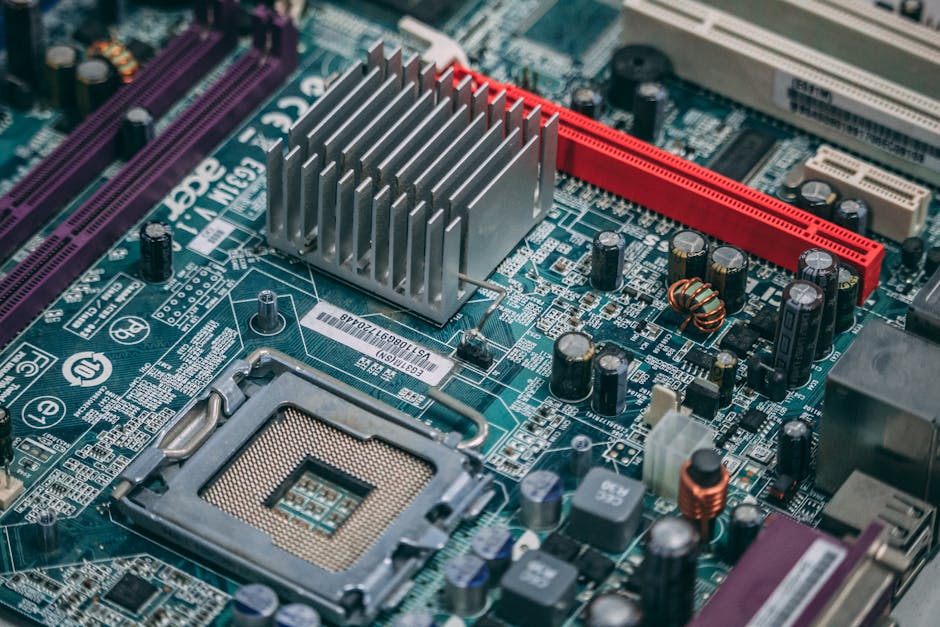The story of the massive damages to AMD Ryzen 9000 processors when used with ASRock motherboards has taken a new turn. According to the Tech Yes City YouTube channel, the problem is due to overly aggressive settings of the Precision Boost Overdrive (PBO) function in the early BIOS versions of ASRock.
The first signals of overheating and damage to the Ryzen 7 9800X3D and other Ryzen 9000 models (Granite Ridge) when used with ASRock motherboards appeared as early as February on Reddit and other forums. Initially, ASRock denied a connection between the defects and its products, but later released BIOS updates, explaining "memory loading and compatibility issues".
According to Tech Yes City, ASRock has acknowledged that early BIOS versions contained inflated values of EDC (Estimated Design Current) and TDC (Thermal Design Current), which led to overvoltage. In addition, the new BIOS versions reduce the SoC voltage, which may also have contributed to the damage. A similar overvoltage problem has already been observed with the Ryzen 7000 (Raphael) processors.
It is noted that liquid cooling systems may have exacerbated the situation, as they provide a larger temperature buffer, allowing PBO to maintain higher frequencies for longer, increasing the load on the processor.
Although tests with the new BIOS versions do not show significant changes in EDC and TDC, Tech Yes City claims that ASRock has also reduced "hidden voltages" that are not accessible for manual adjustment by the user.
It remains unclear who bears the main responsibility - AMD or ASRock. Motherboard manufacturers must follow AMD's recommendations for BIOS configuration, but AMD itself has not yet commented on the situation. It is important to note that an ASRock representative initially called the user signals false, and the company has not yet published an official recommendation for mandatory BIOS update.
You may also like
 SC01: New Electric Sports Car Inspired by Lancia Stratos Debuts in Europe
SC01: New Electric Sports Car Inspired by Lancia Stratos Debuts in Europe The Refreshed Kia Niro: Elegant Design and Hybrid Powertrains
The Refreshed Kia Niro: Elegant Design and Hybrid Powertrains Fire in a building of NC "Railway Infrastructure" near Sungurlare, and musical equipment in Burgas also burned
Fire in a building of NC "Railway Infrastructure" near Sungurlare, and musical equipment in Burgas also burned Strong Geomagnetic Storm Hits Earth: K-index 8, Radiation Hazard, and Conditions for Auroras
Strong Geomagnetic Storm Hits Earth: K-index 8, Radiation Hazard, and Conditions for Auroras
In conclusion, the reason for the damage is the excessive voltage supplied to the processors through the automatic AMD PBO function. The problem mainly affects mid-range and high-end ASRock motherboards, where PBO has been configured too aggressively for the new Ryzen 9000 series.




Коментари (0)
Все още няма коментари.